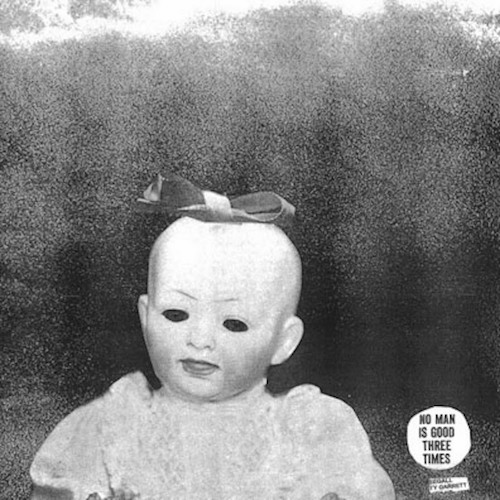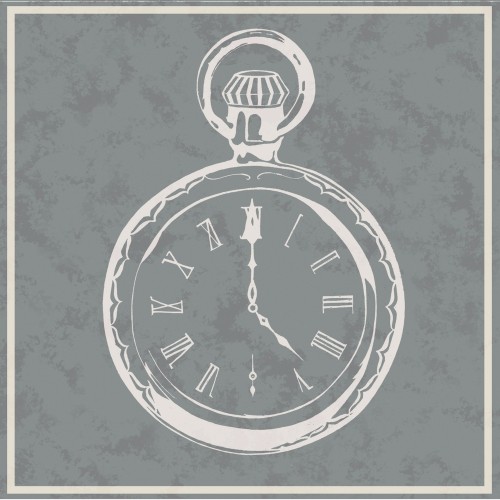 Release Date: May 15th, 2012
Release Date: May 15th, 2012





Bloom begins with brushes skittering across a drum head like nervous birds digging in the sand and quickly adds a repetitive bell ringing like the bell on a buoy cloaked in fog. Quickly following in the first single, “Myth,” comes the high, smooth guitar leads and pulsating keyboards. The bass drum kicks in, and then the grand entrance of the husky low alto (almost tenor) voice of Victoria Legrand makes itself heard through the rich tapestry of waves and water vapor. “Drifting in and out, see the road you’re on/You came rolling down the cheek, say just what you need/And in between, it’s never as it seems,” she sings, and then climaxes with the chorus, “Help me to make it, help me to make it.”
The guitar of Alex Scally seems to cry and sing on its own, like a mournful, lost seabird hearing its own call echoed by some abandoned theremin left to rust by the seaside. And then the vocals glide in again: “If you build yourself a myth, know just what to give/What comes after this momentary bliss/Consequence of what you do to me,” Legrand sings and again she swoops into the chorus of “Help me to make it.” Legrand’s keyboards meld into Scally’s high-pitched guitar in such a way that they seem like seamless dancers performing an elaborate ballet. Then at the end, the peaceful sound of ocean waves seems to erode the sands away.
The fourth record from Baltimore duo Beach House finds them removing layers of gauze and wooziness but adding on layers of sound and intricacy. If their previous record, the breakthrough classic Teen Dream (2010), was an exercise in wistful somnambulance, then Bloom is their rite of spring awakening. The sun is rising on the lush grass, blue wildflowers and limitless vistas in all directions, from endless prairie to unending wetlands sparkling with a rich tapestry of nature’s riches to an infinite sea that vanishes on the horizon. Even the seabirds can be heard at the beginning and end of “Other People,” a sound that “sounds like something” someone whispers, until “The Hours” ushers in its abrupt beginning with a Beach Boys-like introduction of “aaaah”s.
Throughout the running order, the constants are Legrand’s husky but powerful alto, the recombinant keyboard patterns and Scally’s soaring fretwork fireworks. If the latter tracks seem to blend together a bit, that may not be an illusion, as the record seems to be a tad front-loaded with the stronger and more distinctive compositions. But even at its most cogent and concrete, it’s hard for Beach House to keep its music from being washed away by the waves of wooziness that has always been its bread and butter.
While the group’s sound can easily be traced back to roots ranging from Nico’s The Marble Index to Kate Bush to Bel Canto to 1980s “new wave” and contemporaries such as Washed Out and Asobi Seksu (the washed away sound of “Lazuli” for example, is very reminiscent of the latest record from M83), the pair have successfully made their own name and reputation and are producing something distinct; if anything, parallel evolution is no doubt at work.
Bloom concludes with “Irene,” a music box-like spiral staircase climb that serves as a lengthy meditation on “it” being “a strange paradise,” although one is never told exactly what “it” is, nor who Irene is—Hurricane Irene, perhaps? The track sways to and fro for more than eight minutes, but it never wears out its welcome. Then after seven minutes of silence, the listener is reawakened with a hidden meditation that seems to burst into bloom from nowhere. It’s almost as if Legrand and Scally could not decide how to end the record, so it ends with “no end in sight” and begins to fade as the last chorus emanates breathily from Legrand: “Wherever you go.” In this way it creates a wonderful loop back to the beginning and encourages listening on repeat.
Beach House – Bloom tracklist:
- “Myth”
- “Wild”
- “Lazuli”
- “Other People”
- “The Hours”
- “Troublemaker”
- “New Year”
- “Wishes”
- “On the Sea”
- “Irene”


